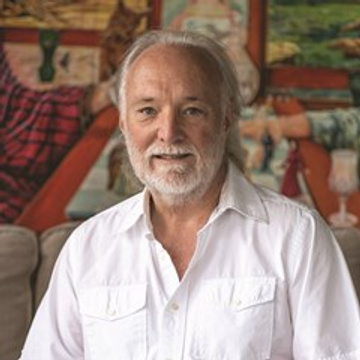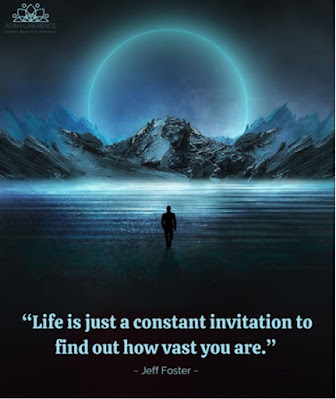The
belligerent banging at our cabin door penetrated my deep sleep. It was an
anxious, agitated, ugly sound. Instantly, there’s a sea-dread in the dead of
the night. Muffled shouts erupted in the corridor, and then the distinct, “Wake
up! Get up. Get out,” urgency of it assailed me. Outside the porthole, it was
pitch black. I was on the top bunk. My wife was below. And no sooner had I
tossed aside the bedding, and leapt down, than my ankles were in cold water! A
certain panic arose. We both scrambled to the door, and as we yanked it open, gushes
of deepening water swirled and sloshed and gurgled into our space, quickly
rising to our knees. The corridor lights showed the water to be an ugly rusted
brown, and it reeked. I waded back into the cabin to pluck at our already
floating suitcases, since they had been packed and now waited only for our
early arrival at Southampton docks, but a ship’s officer barked: “Leave that! We’ll
retrieve your luggage. Go! Go! All passengers, go up to the lounge!”
The lounge? That might’ve been my first indication that things were not too drastic. After all, we were not being called to the lifeboats. Yet still, the ship was listing, astoundingly, and the water grew yet more voluminous as we struggled up our short corridor, of about four cabins’ worth of noisy people to either side, to join up with the jostling passengers, almost all in pajamas and night gowns, crowding at the T junction to the main C deck starboard passageway. At the closed-up corner cabin a purser kept vaingloriously banging on its door, and shouting alarms, but then we all sloshed on past, heading for the stairs. Still, some of us had to duck our heads down from the malodorous spray of the overhead sprinklers. Several of them, it was apparent, were spewing out this putrid smelling water as quickly as possible.
We straggled into the lounge, all of us looking dishevelled, and somewhat distraught. The ship’s personnel found us blankets, and pillows, and organized hot beverages. “Your luggage will be waiting for you,” they promised. And then it struck me. My artwork! Twenty years’ worth of sketches and water-colours and even an oil painting or two, all rolled together and left standing in the cabin closet, alongside my suitcase, with my brand new pair of shoes waiting on the floor. I had to get that roll of paintings!
“You! Where do you think you’re going?” A ship’s officer called out. I baulked. "Just got to rescue my artwork, Sir,” I tried. His finger shook. “Oh no you’re not. No one goes downstairs until we’ve found out exactly what the problem is, and that everything is secure. You stay here!”
Well, that’s how come, as I write, nearly 50 years later, I have so little of my formative work. But there were yet more dire consequences as a result of that sad evening aboard the last voyage of the Edinburgh Castle, on the 11th April, 1976. Indeed, we all might still go on learning from them.
As part of a Facebook group, called Union Castle Line Ex-Passengers, which I joined just last month, Pauline Hollis wrote: “I remember that well. The crew were throwing anything they could over the side. We saved a bag of the large Lego blocks. I seem to remember a stowaway and a breakdown somewhere between Cape Town and Southampton.”
Yes. In fact, back then Ian Pursch was the purser, and (his) Paula (not Ms. Hollis), was a junior purser too. They became friends of ours. We toured Scotland together. (My wife and I waited for them in London while they went on the last voyage, sans passengers, to the Edinburgh Castle’s sad grave.) But so too had someone else met her death on the last voyage of the Edinburgh. We learned that an old Scottish woman, the one in that corner cabin, hoping to make it back to her homeland after being in Africa all her life, had died of a heart attack. She never made it home. And as for the reason? Some partying prankster, on that final night of the long voyage, had held a match up to a sprinkler. And yes, when we docked at Southampton, the ship’s flag was at half-mast. One plays pranks, but there are consequences. And one sails, but all our journeys do come to their end.

















